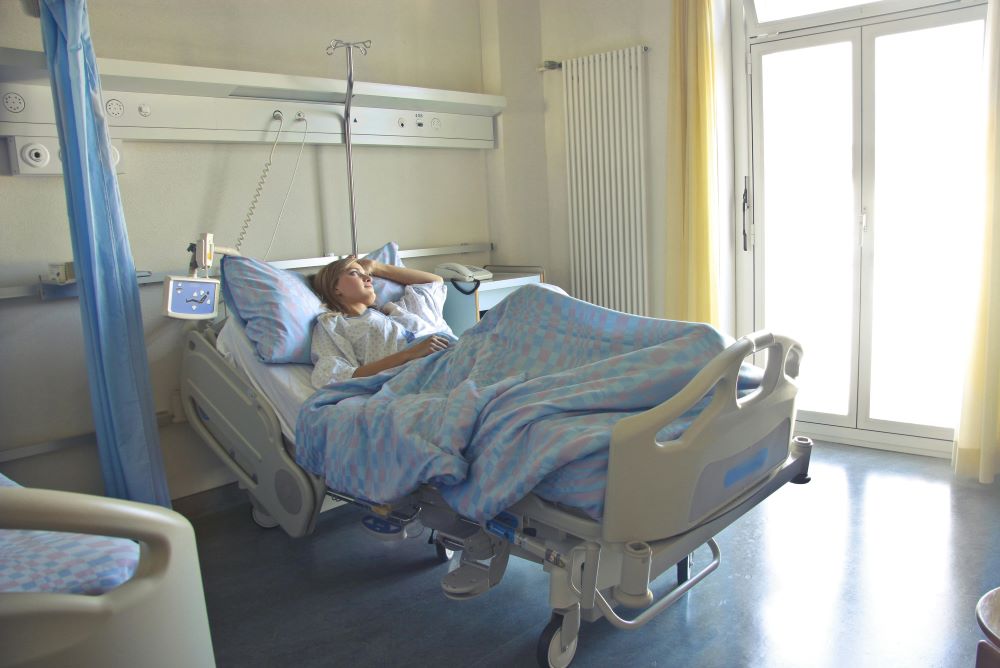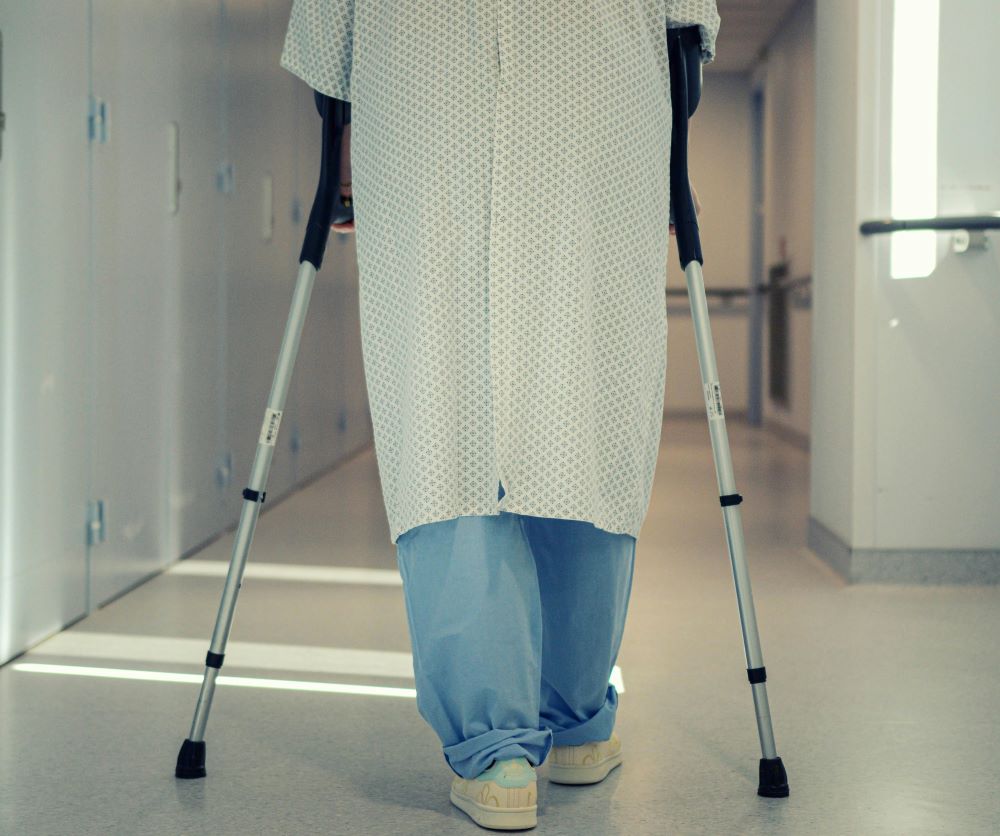Researchers call for more focused supports for children who have had long hospital stays, so they don’t fall behind.
A new study by researchers from Kessler Foundation and Children’s Specialized Hospital, published online in Disability and Rehabilitation, explored the academic challenges of children with special health care needs (CSHCN) after extended hospitalizations, discovering a need for smoother school re-entry processes for these children.
Extended inpatient hospital stays for children can create significant educational gaps due to prolonged absences from school, leading to missed instruction and disruptions in social learning as well. During these periods, children often fall behind in their academic progress as they are unable to participate in regular classroom activities, complete assignments, or engage in interactive learning experiences. If there is little to no support at the hospital, the stay may cause a regression in learning.
Additionally, the stress and medical focus associated with an extended hospital stay can further inhibit a child’s ability to concentrate on learning. And being removed from peers can impact their mental health, which can further exacerbate the issue.
Without a robust plan for transitioning back to school, including catch-up work and tailored support, children may struggle to reintegrate into their academic environment, affecting their overall educational outcomes and confidence. They may have difficulties getting “back up to speed” and lack confidence as they notice their peers are academically ahead.

The study, titled “Experiences of Patients, Parents, and Healthcare Professionals in the Process of Transitioning from Hospital to Community After Inpatient Pediatric Rehabilitation Among Children with Special Health Care Needs,” emphasizes the importance of better clear and consistent coordination and communication between healthcare providers and school educators to ensure that CSHCN receive the necessary support to continue their education right where they left off without falling behind their peers.
Led by Dr. Yu-Lun Chen and a team including Stephanie Jimenez, Alexa Bartalotta, John O’Neill, and Amanda L. Botticello, the team used semi-structured focus groups with parents, former patients, and rehabilitation specialist, ultimately finding inpatient (in the hospital) educational support (i.e., instruction and schoolwork) can help these students avoid learning loss that often delays school re-entry approvals.
The team specifically identified three core areas that need improvement:
Communication and Support of Families Right from the Beginning: There is a need for improved communication and consistent support for families, particularly when this is their first time experiencing these circumstances. Many families reported feeling unsupported and “lost” when it comes to determining what needs to be done to ensure re-entry during the inpatient stay.
Establishing Re-entry Services/Protocols. The study found that additional supports need to be put into place for CSHCN’s educational and healthcare needs at the time of re-entry. Transition planning must involve thorough preparation to ensure that all required services are in place. However, families often face challenges during this phase.
Continued Support After Discharge. Many participants recommended that transition plans be reassessed and adjusted to accommodate the evolving developmental and educational needs of CSHCN. Delays in school approvals and coordination issues between healthcare and educational systems can hinder these efforts.
Overall, the study calls for urgent improvements in communication between clinicians and educators, better information and support for families and their children, and a dedicated, long-term follow-up plan to address the changing needs of CSHCN over time. If these gaps are addressed, children with extended hospital stays may be able to transition back to a school environment much more smoothly, adjusting more readily, and find it easier to continue keeping pace with their peers.


Join the conversation!